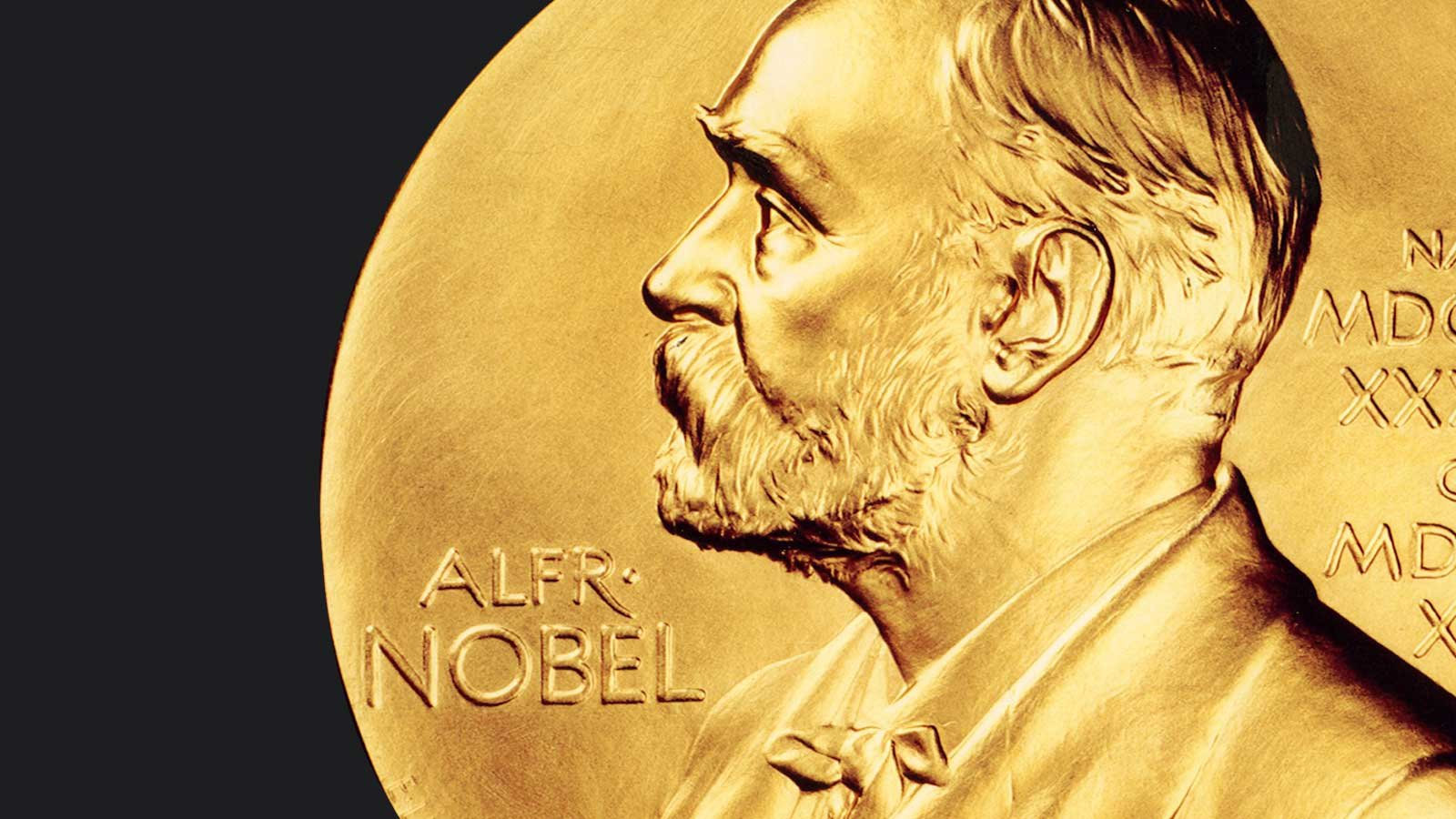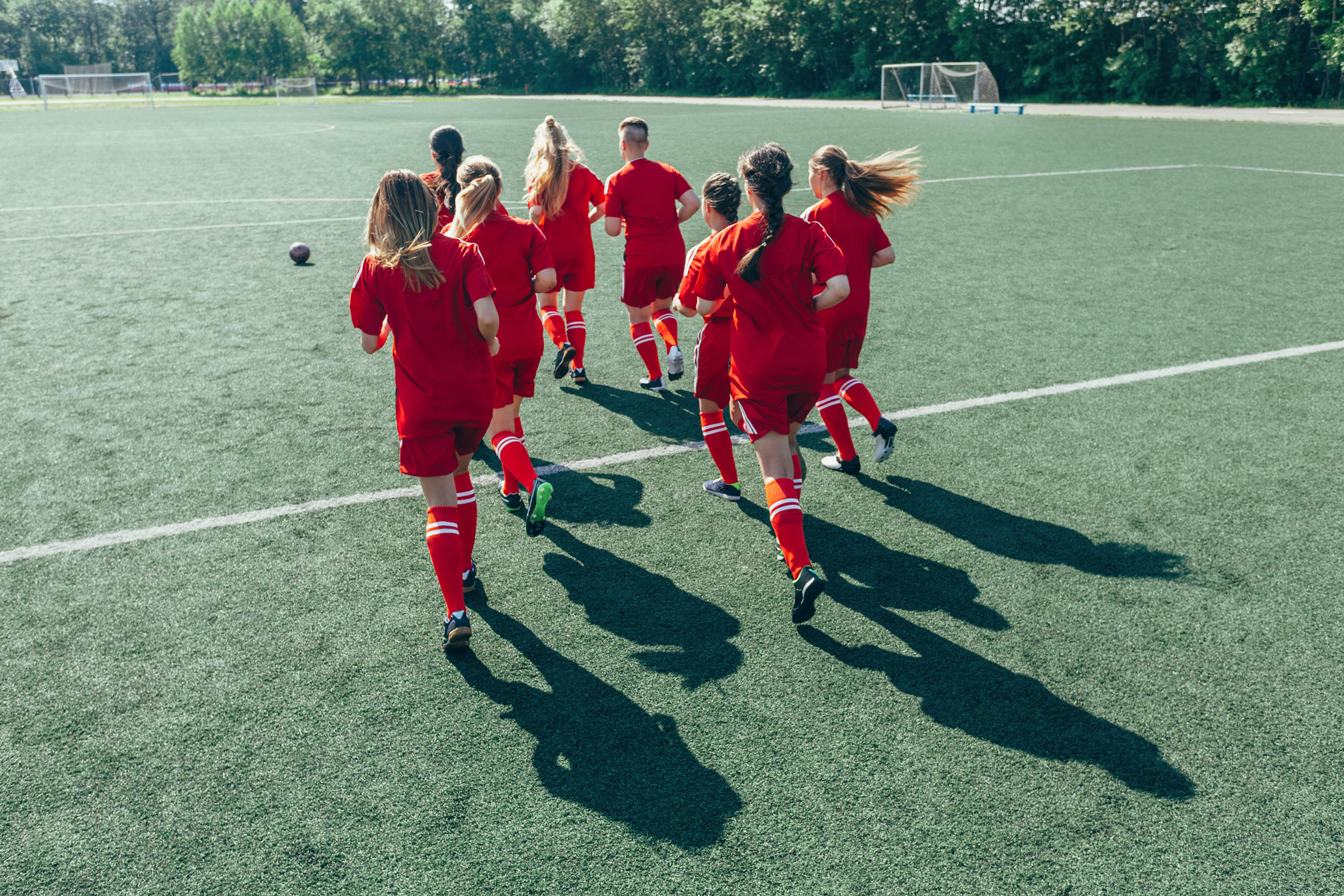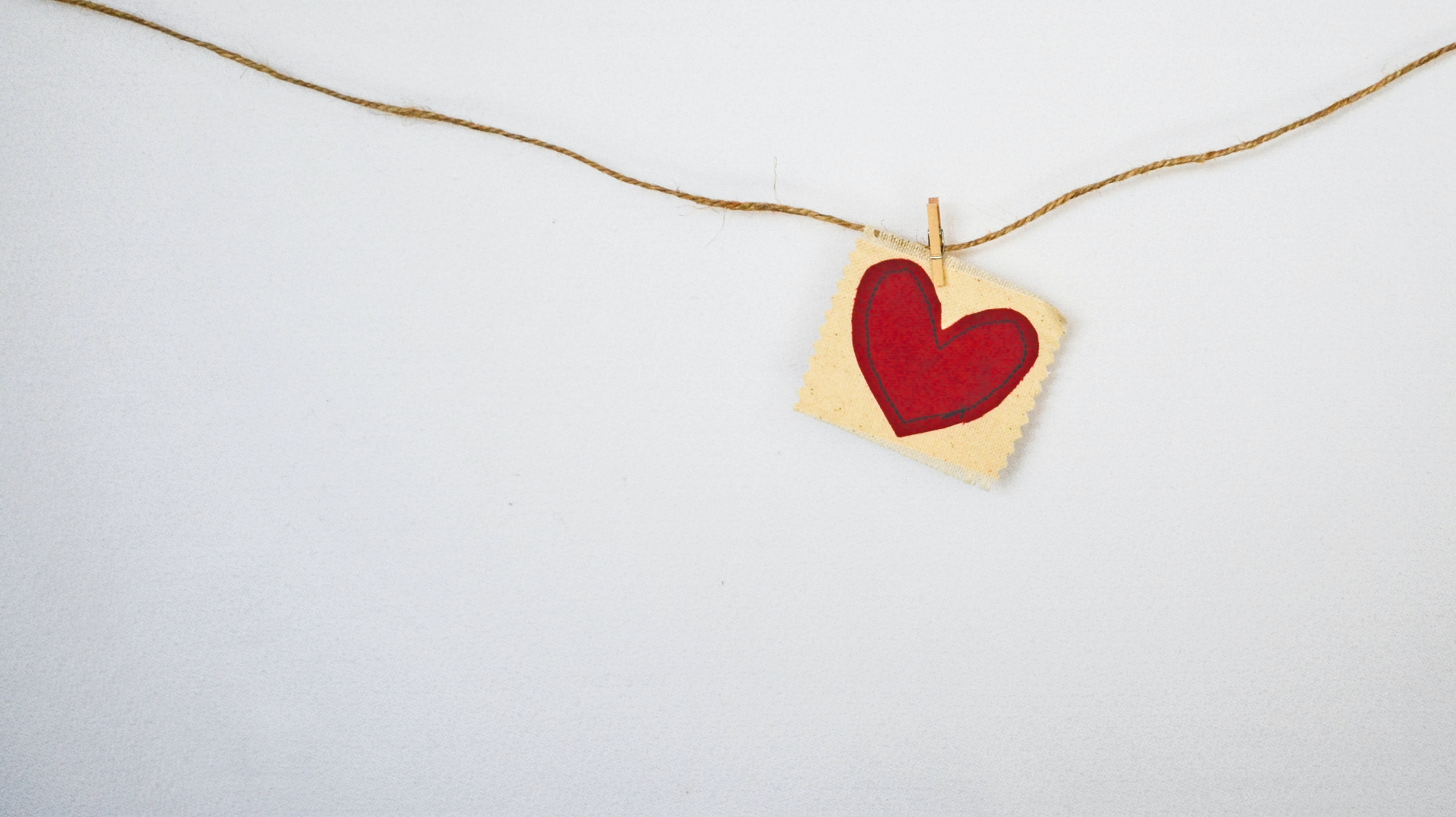Arguably, the Nobel Prize is one of the most honorable awards a person can have. Nobel Prize laureates are given special privileges at certain places. For example, colleges give a free parking space to their Nobel laureates. In 2021, thirteen people have been awarded the Nobel Prize in their relevant category. The Nobel Prize has six categories; physics, chemistry, physiology or medicine, literature, economics, and peace. Laureates get $1,135,384 as a recognition of their contribution(s) to society. In 2021, many of the awards were obtained by more than one person each, and in some cases, the money was split.
The selection process always begins a year before the results are announced. Prize-awarding institutions invite over 6,000 people to nominate candidates for the prestigious award. In fact, Nobel laureates themselves choose to be a part of the voting process. Approximately 1,000 people vote and there are 100-250 nominees. All of the nominations must be submitted by January 31st of the award year. After that, the six nobel committees (one per category) begin to narrow down the qualifiers while frequently consulting outside experts. They finish this during September and/or early October and submit their recommendations to the Royal Swedish Academy of Sciences in addition to other prize-awarding institutions. Typically, a committees recommendation is followed, but there are times when the prize-awarding institutions may choose to go in a different direction. Dead people cannot be nominated, but if a person who was nominated dies before they can get the award, they will receive it posthumously.
Syukuro Manabe, Klaus Hasselmann, and Giorgio Parisi won the Nobel Prize in Physics this year. Half of the prize went to Parisi, while the other half went to Manabe and Hasselmann jointly. Manabe is a Japanese American climatologist, and Hasselman is a German oceanographer. Even though they shared half of the prize, Manabe and Hasselmann each did their research separately, and their individual findings complement each other. The climate models today are based on Manabes models from the 1960s. His models explained the increase in CO2 in the atmosphere and the rising temperatures on Earths surface. They did that by delving into the relationship between radiation and the vertical transport of air masses, as well as heats contribution to the water cycle.
Hasselmann developed a model 10 years after that, which proved that climate changes can be predicted more reliably than weather changes.He scientifically proved that the increase of temperature on the Earths surface is due to human activity, and not natural causes.The third laureate, Giorgio Parisi, is an Italian theoretical physicist who won half of the prize for discovering the connection between disorder and fluctuation in physical systems such as atomic and planetary scales. He primarily did work with spin glasses in the 1980s. Spin glasses are a type of metal alloy that contains radical magnetic properties. The American Physics Society explains that . Parisi developed a physical and mathematical model that solved a puzzle about how frustrated spins could coexist in the material. His findings enhanced research in multiple fields including biology and machine learning.
The 2021 Nobel Prize in Chemistry was split between Benjamin List and David MacMillian. These laureates were honored for their work in asymmetric organocatalysts which is a new method to build molecules. This method utilizes catalysts, which are known for remaining stable when they are speeding up chemical reactions in labs. Their work has enhanced the building of plastics, perfumes, and flavours. In fact, the Royal Swedish Academy of Sciences claimed that asymmetric organocatalysts are more environmentally friendly than its alternatives, and are relatively cheap to produce.
Dr. List and Dr. MacMillian did their work separately even though their research aligns with each other. Dr. List was working on enzymes at the Scripps Research Institute in San Diego. He tested whether proline (an amino acid that serves as a catalyst) can catalyze a reaction in which two carbon atoms from different molecules bond together. This is known as an aldol reaction. The reaction worked, and it proved that amino acids can provoke what is called asymmetric catalysis. Two years prior to that, Dr. MacMillian was working at the University of California, Berkely, where he tried to figure out if sturdier catalysts can accommodate or provide electrons temporarily. He learned that the answer was yes.
The Nobel Prize in Physiology or Medicine 2021 went to David Julius and Ardem Patapoutian for their discovery of how nerves convert stimuli into signals that the brain can sense. David Julius belongs to the University of California San Francisco, where he does his research. At U.C.S.F, he and his colleagues tasked themselves with finding the receptor for capsaicin, which is what causes the burning sensation one has when eating chillies. Julius and Patapoutian also identified another protein individually, called TRPM8. This protein is sensitive to cold and methanol. Patapoutian and his colleagues identified Piezo1 and Piezo2, which are genes for the proteins that sense touch. Piezo2 also senses the position of limbs in space. Patapoutian belongs to Scripps Research in California in which the president/CEO said, I have followed Ardems career closely since he first came to Scripps and can say that he is an extraordinary scientist, mentor, and colleague and a wonderful person.
The Nobel Prize in Literature 2021 went to Abdulrazak Gurnah, whos a Tanzanian novelist. Gurnah was forced to seek refuge in England at the mere age of 18 years old, after Zanibar (the island he grew up in) started targeting minorities like him. Thats when Gurnah started writing, and he did it to cope with the trauma of his situation. As of now, he has published 10 novels and many short stories, many of which are relating to the refugee crisis. The written works tell true stories about particular people who have had to seek refuge in a foreign place. According to Smithsonian magazine, Gurnah became a laureate for his uncompromising and compassionate penetration of the effects of colonialism and the fate of the refugee in the gulf between cultures and continents.
This years Nobel Peace Prize was awarded to Maria Ressa and Dmitry Muratov because they are representatives of all journalists who stand up for this ideal according to the United Nations. Dmitry Muratov is the co-founder and editor of Novaya Gazeta. The Novaya Gazeta has been standing up for freedom of the press in Russia for decades. Muratov claims that he will not spend any of his prize money on himself. He had a meeting with the editorial board on how to spend it. It turns out that the money will go to a health foundation that supports journalists. Additionally, itll benefit children with rare diseases such as spinal muscular atrophy, kids in hospice, and children suffering from leukemia. Lastly, a part of it will go to the Anna Politkovskaya Prize Foundation.
Maria Ressa, a Harvard Kennedy School fellow, was awarded the other half of the prize for her work in advocating for freedom of the press and for combating misinformation in the Philippines. She is the first Filipino to become a laureate for her individual work. One example of her work is how in 2012, she co-founded Rappler. Rappler is an online Filipino news site that fights for freedom of the press in the Philippines. Rappler also tackles the exposed violence in the Philippines governments anti-drug campaign. The Nobel committee described this work as critical, according to the Harvard Crimson.
The Nobel Memorial Prize in Economic Sciences was awarded to three people this year. They are David Card, Joshua Angrist, and Guido Imbens. Mr. Card was born in Canada, and now works at University of California Berkeley. His career is one that he developed himself, and it is that of studying unintentional experiments to find answers to economic questions. One example is whether raising the minimum wage causes people to lose their jobs. The second laureate, Joshua D. Angrist was born in the United States and currently works at Massachusetts Institute of Technology. Mr. Angrist and his former colleague (who passed away in 2019) Mr. Krueger worked together in the 1990s to figure out how much benefit people get out of extra years of education. People who are born earlier in the year can leave school earlier than people who are born later in the year. The economists learnt that people who were born later in the year (and had longer education) had a 9 percent increase in income compared to their counterparts who were born earlier in the year and had less education. Guido W. Imbens is the third laureate of the 2021 Nobel Memorial Prize in Economic Sciences. He was born in the Netherlands and is currently at Stanford University. Just like Mr. Angrist, Mr. Imbens used and developed research tools that economists can utilize to test major theories. He and Mr. Angrist used Alan B. Krueger and Mr. Angrists findings on how increased education leads to higher salaries, and further developed it. According to the Nobel Committee, that has changed the way researchers conduct and analyze natural experiments.
Overall, all of the thirteen Nobel laureates have left a long-lasting mark on our society. The prize signifies that, and it’s clear that they took many steps (and had many helping hands) to get to where they are now. Not all of the winners have had smoothless childhoods and people like Gurnah have used their challenges to bring valuable contributions to our people. Soon, the relevant people/authorities will start working on deciding the laureates for 2022. Until then, itll be interesting to see how the prize money benefits the causes that the Nobel laureates are fighting for.
Britannica, E. of. (n.d.). Nobel prize. Encyclopdia Britannica. Retrieved November 1, 2021, from https://www.britannica.com/topic/Nobel-Prize.
Davies, R. (2021, October 8). Nobel Prizes 2021: Full list of winners and what they will receive. The Scotsman. Retrieved October 31, 2021, from https://www.scotsman.com/news/world/nobel-prizes-2021-full-list-of-winners-and-what-they-will-receive-3412127.
Rosalsky, G. (2021, October 12). A nobel prize for a revolution in economics. NPR. Retrieved November 1, 2021, from https://www.npr.org/sections/money/2021/10/12/1045152279/a-nobel-prize-for-a-revolution-in-economics.
Lewis, T. (2021). 2021 Nobel Prize in Physiology or Medicine Awarded for Discoveries in Sensing Temperature and Touch.
2021 Nobel prize in physics awarded for Research in Complex Systems. American Physical Society. (n.d.). Retrieved November 1, 2021, from https://aps.org/publications/apsnews/updates/nobel21.cfm.
Pollard, N., Burger, L., & Johnson, S. (2021, October 6). Nobel chemistry prize goes to duo who developed a tool for Molecule Building. Reuters. Retrieved November 1, 2021, from https://www.reuters.com/lifestyle/science/list-macmillan-win-2021-nobel-prize-chemistry-2021-10-06/.
Imbler, S., Santora, M., & Engelbrecht, C. (2021). Nobel Prize in Chemistry Awarded to Scientists for Tool That Builds Better Catalysts. New York Times.
McGreevy, N. (2021). Abdulrazak Gurnah, Chronicler of Migrant Experience, Wins 2021 Nobel Prize in Literature.
Muratov, D. (2021). Nobel laureate Dmitry Muratov wont keep a single cent of his prize money . Un News.
Cho, I. B., & Kahn, N. L. (2021). Hks Fellow, Journalist Maria Ressa Wins Nobel Peace Prize for Fight for Freedom of Expression. The Harvard Crimson.
Smialek, J. (2021). The Nobel in economics goes to three who find experiments in real life. New York Times.
 Shreya Nara, Senior at AIT
Shreya Nara, Senior at AIT 
 Scandal that broke the national women's soccer league
Scandal that broke the national women's soccer league